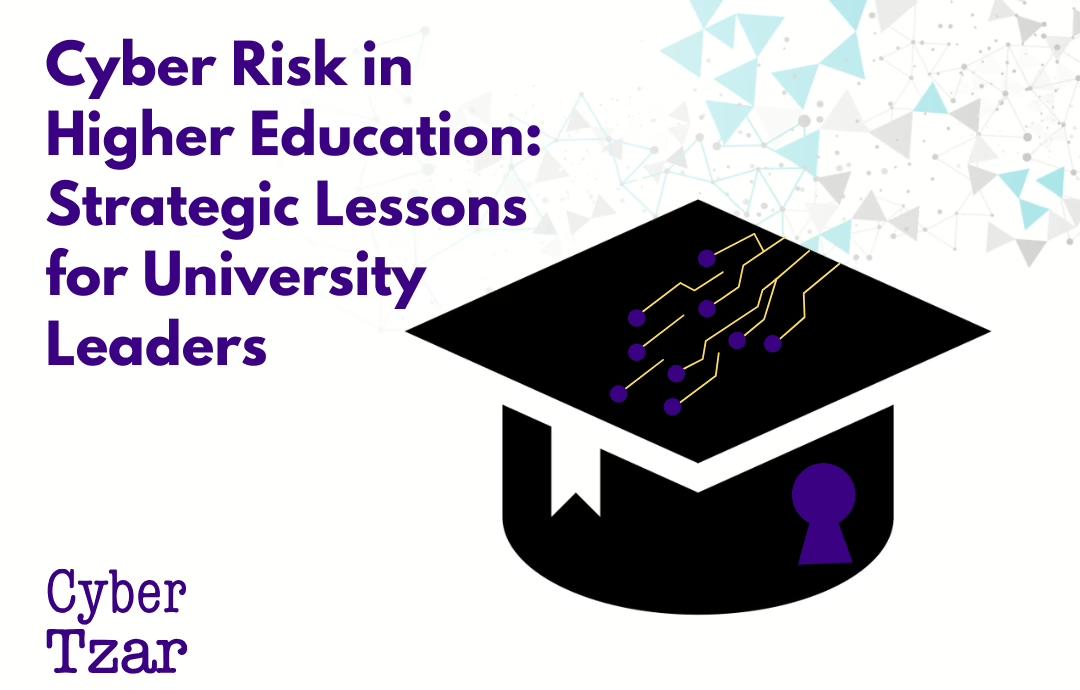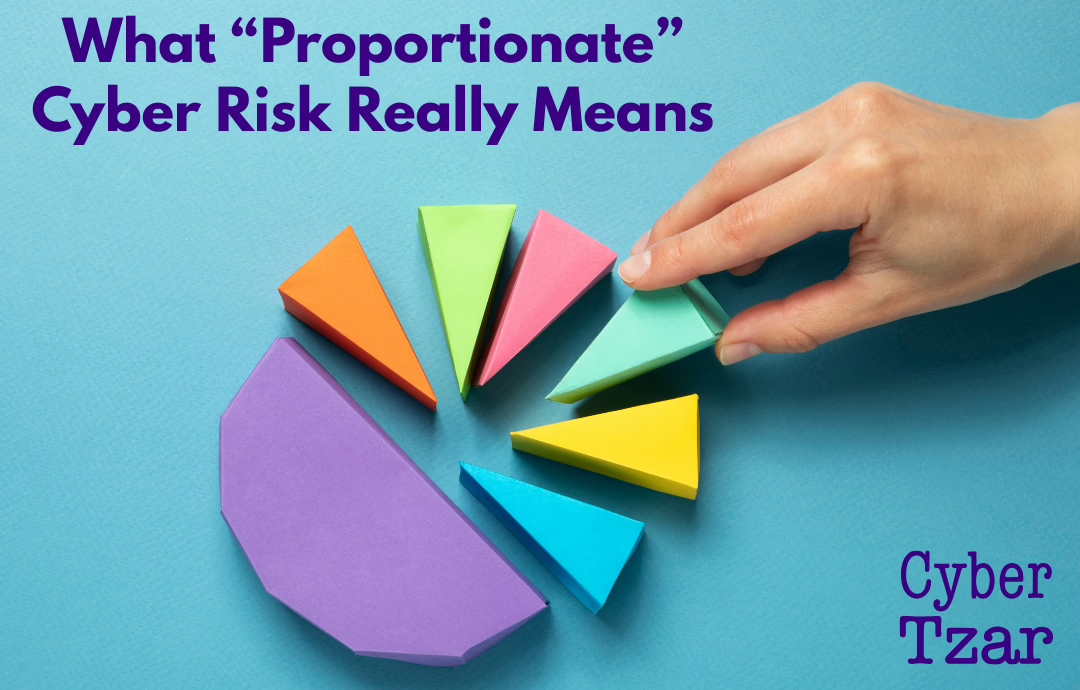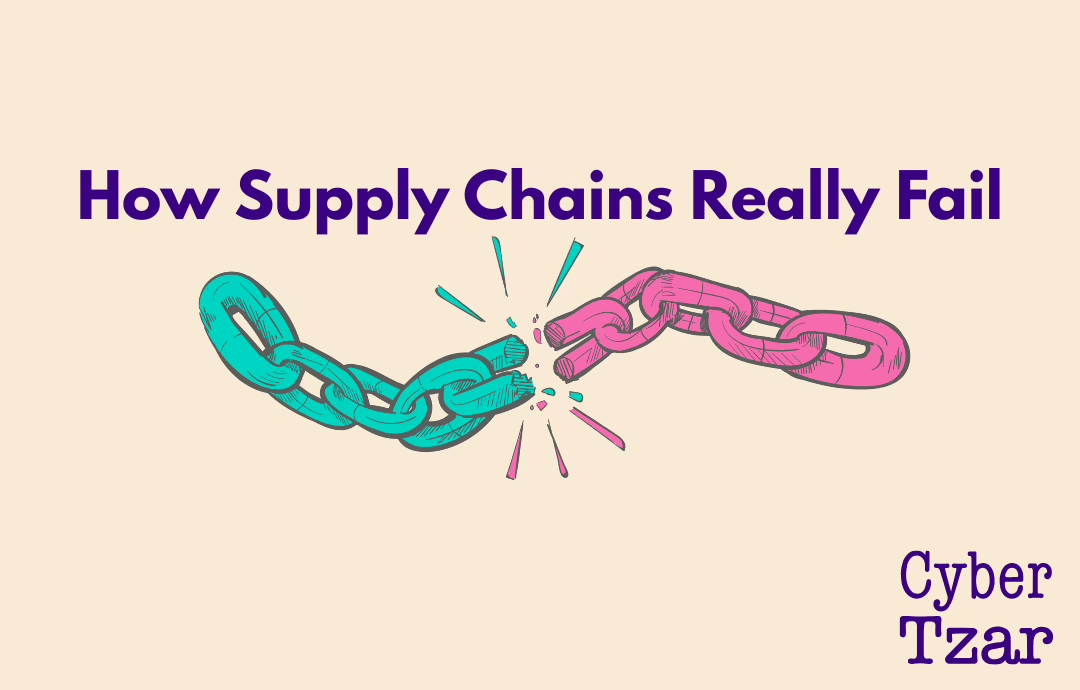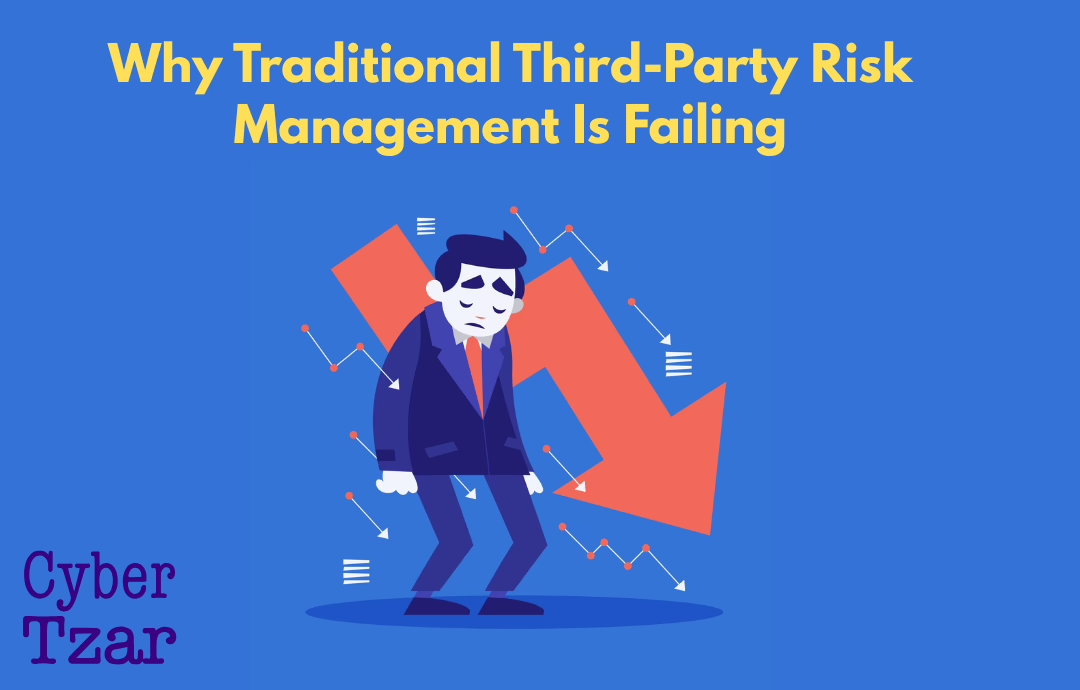Universities are engines of innovation, research, and economic growth — but they are also increasingly under siege from cyber threats.
From ransomware on student networks to data theft from research labs, attackers are exploiting universities not just for financial gain, but to access intellectual property, student data, and the sprawling digital ecosystems tied to research and education.
In 2025, cybersecurity is no longer an IT issue — it’s an institutional leadership issue.
This article explores the strategic risks facing universities and what boards, vice chancellors, and executive teams must do to meet the moment.
🎯 Why Universities Are in the Crosshairs
-
Open by design – Academic culture prioritises collaboration, not control
-
Highly valuable data – Intellectual property, financial systems, student and alumni records
-
Distributed operations – Many institutions span multiple campuses, labs, and partner sites
-
Shadow IT & BYOD – Unmanaged tools and devices increase exposure
-
Third-party overload – Universities rely heavily on vendors for EdTech, cloud, research, and fundraising
The result? Complex, decentralised systems with significant cyber exposure — and limited visibility at the top.
🔥 Real-World Incidents
-
🔐 Lincoln College (US) permanently shut down following a ransomware attack that disrupted enrolment and funding
-
🧬 UK research institutions have been targeted for intellectual property theft in biomedicine and defence-aligned fields
-
📉 Multiple universities suffered student data leaks via unsecured portals and plugin misconfigurations
-
💥 DDoS attacks have disrupted exams, open days, and admissions systems
-
📦 Credential stuffing from leaked passwords continues to compromise student portals
The pattern is clear:
Attackers exploit complexity, decentralised decision-making, and under-resourced IT.
🧭 The Top Strategic Cyber Risks for Universities
| Risk Area | Strategic Impact |
|---|---|
| Ransomware | Multi-million-pound demands; operational paralysis; reputational damage |
| Third-party risk | Exposure via learning platforms, research vendors, SaaS tools |
| Insider threats | Breaches due to misconfigured admin accounts, access sprawl, or disgruntled staff |
| Poor segmentation | Lateral movement after breach can spread across departments and faculties |
| Slow detection and response | Delays in action magnify breach impact, increase insurance costs |
🧠 Cyber Risk Is a Leadership Issue
University leaders must ask:
-
🔍 Do we have real-time visibility of cyber risk across our organisation?
-
🧭 Is cyber part of our governance framework — or just an IT dashboard?
-
📈 Can we evidence improvement — to boards, insurers, and regulators?
Cyber risk is now tied to funding, reputation, insurance, and legal exposure. It cannot sit solely with central IT.
“Cyber risk touches research, recruitment, regulation, and reputation. It must be governed like any other institutional priority.”
🎯 Strategic Actions for University Executives
1️⃣ Commission a Cyber Maturity Review
Use recognised frameworks like Cyber Essentials, ISO 27001, or NCSC CAF. Ensure outcomes are reported at board level.
2️⃣ Map and Monitor Third-Party Exposure
Know who your key vendors are — and how they manage risk. Include EdTech, CRM, fundraising, and cloud services.
3️⃣ Build Cyber Risk into Strategic Governance
Review cyber risk in annual risk registers. Ensure cyber is a standing item on audit and risk committees.
4️⃣ Demand Real-Time Infrastructure Monitoring
Point-in-time audits are no longer enough. Push for continuous vulnerability and posture scanning.
5️⃣ Assign Senior Ownership
Appoint an executive sponsor (CIO, CFO or VP-level) with board accountability for cyber and third-party risk.
🤝 How Cyber Tzar Helps Universities Build Cyber Resilience
Cyber Tzar provides leadership teams with:
✅ Continuous scanning of web-facing infrastructure — to detect exposure as it happens
✅ Supply chain risk visibility — to identify and benchmark vendor posture
✅ Compliance alignment — including NCSC CAF, Cyber Essentials, ISO 27001, and DORA
✅ Sector benchmarking — understand how your institution compares
✅ Board-ready reporting — clear, digestible, and audit-ready
We help universities turn cyber from a cost centre into a point of strategic control.
🎓 Want to benchmark your institution’s cyber posture?
Book a free education-sector report at cybertzar.com



